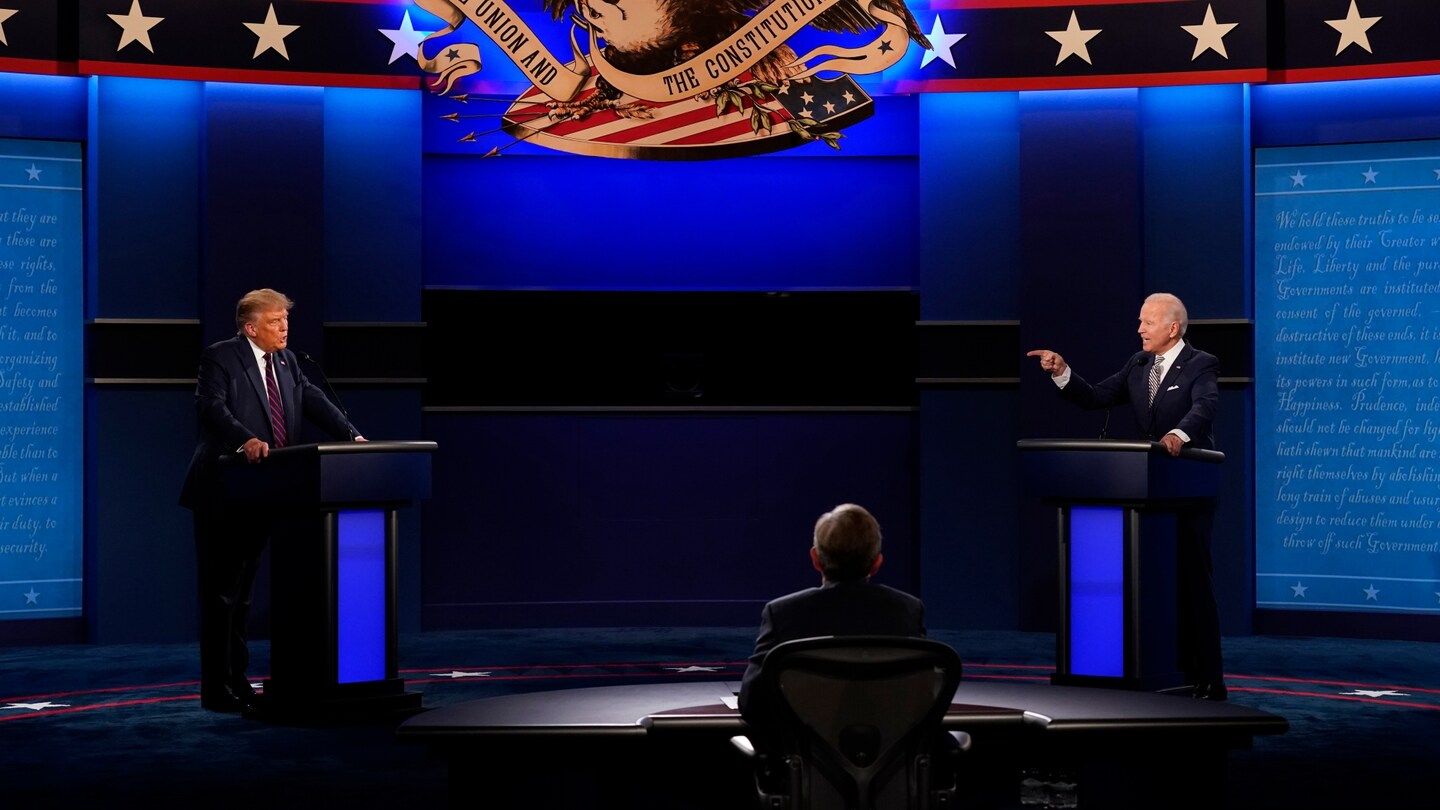Trump’s attack on Hunter Biden underscores ‘harmful stigma’ of addiction

Remarks like these perpetuate “a harmful stigma,” said Mark Sutton, spokesman for the nonprofit Drug Policy Alliance, which advocates for the decriminalization of drug use.
“At a time when we have approximately 70,000 people in the United States dying per year from accidental overdose, it is unconscionable that someone vying for our highest elected office would be so willing to throw people struggling with substance-use disorder under the bus,” he added.
Federal data shows that roughly 1 in 10 American adults — or 23 million people — have struggled with a drug-use disorder at some point in their lives. Such a diagnosis is “based on a list of symptoms including craving, withdrawal, lack of control, and negative effects on personal and professional responsibilities,” according to the National Institutes of Health. Drug abuse is not necessarily illicit — many people addicted to opioids obtain them legally through a doctor’s prescription, for instance.
Drug and alcohol abuse often inflict suffering on the affected person’s family members. “By the time most families reach out for help and drug treatment, the disease of addiction has typically progressed to a crisis stage for the addict and family alike,” according to the Hazelden Betty Ford Foundation. The number of Americans with firsthand experience with addiction and dependency is probably much larger than official statistics show.
Drug and alcohol abuse are devastating disorders. Drug overdoses killed approximately 72,000 people in 2019, while excessive drinking is “responsible for more than 95,000 deaths in the United States each year, or 261 deaths per day,” according to the CDC, a figure that includes deaths from chronic alcohol-related illnesses, suicides, alcohol poisoning and drunken-driving crashes.
But according to many experts, the stigma surrounding drug and alcohol abuse is even more deadly.
“I think the biggest killer out there is stigma,” U.S. Surgeon General Jerome Adams said in 2019. “Stigma keeps people in the shadows. Stigma keeps people from coming forward and asking for help. Stigma keeps families from admitting that there is a problem.”
Writing this year in the New England Journal of Medicine, the director of the National Institute on Drug Abuse, Nora Volkow, said that stigmatizing people who use drugs “may be the equivalent of an electric shock in the cycle of drug addiction: it’s a powerful social penalty that spurs further drug taking … respect and compassion are essential.”
Hunter Biden has been open about his substance abuse, chronicling his history of alcohol and drug use — as well as his attempts to get those behaviors under control — for Adam Entous of the New Yorker in 2019. The Biden campaign did not respond to a request for comment.
For many people with a drug or alcohol problem, the support of family members is critical. At the debate, Biden’s response to Trump illustrated what that support looks like.
“My son, like a lot of people, like a lot of people you know at home, had a drug problem,” Biden said. “He’s overtaken it. He’s fixed it. He’s worked on it. And I’m proud of him.”






